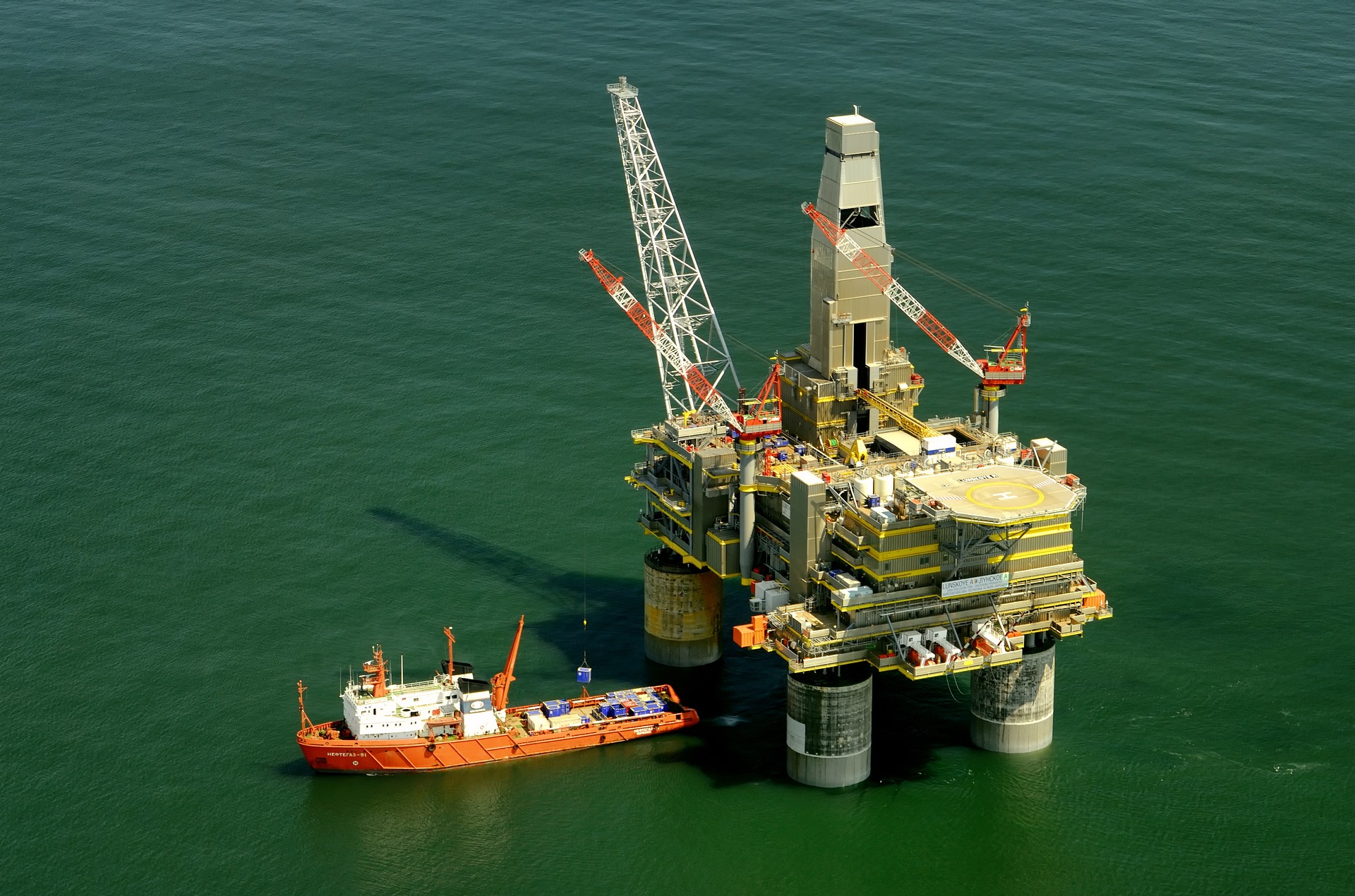Essential Guide to Offshore Oil Rig Jobs: Requirements, Roles and Reality Check
Working on an offshore oil rig represents one of the most challenging yet potentially rewarding career paths in the energy sector. This comprehensive guide will help you understand what it really takes to work offshore, including entry-level opportunities, required certifications, and realistic expectations about life on a rig.

What Entry-Level Roles Exist on Offshore Oil Rigs?
Entry-level positions on offshore rigs typically fall into several categories:
-
Roustabout: The most common entry position, involving general maintenance, cleaning, and manual labor
-
Roughneck: Assists in drilling operations and pipe handling
-
Galley Hand/Catering Crew: Supports kitchen and living quarter operations
-
Maintenance Helper: Assists skilled technicians with equipment upkeep
Important Note: These positions are highly competitive, and availability varies significantly based on industry conditions and location.
Can You Work Offshore Without Previous Experience?
While some entry-level positions accept candidates without direct offshore experience, certain prerequisites are universal:
-
Must be at least 18 years old (some companies require 21+)
-
Physical fitness and ability to pass a medical examination
-
Clean drug test
-
Valid passport
-
Ability to work extended periods away from home
-
Strong safety awareness and willingness to follow strict protocols
What Certifications Are Needed Before You Can Start?
Essential certifications for offshore work include:
-
Basic Offshore Safety Induction and Emergency Training (BOSIET)
-
Helicopter Underwater Escape Training (HUET)
-
Minimum Industry Safety Training (MIST)
-
First Aid Certification
-
H2S Safety Training (where applicable)
These certifications must be obtained before starting work and typically require significant personal investment.
What to Expect in Terms of Pay and Time Off
Compensation structures vary widely based on position, experience, and location:
Entry-Level Position Salary Ranges:
-
Roustabouts: $47,000 - $55,000 annually
-
Roughnecks: $52,000 - $65,000 annually
-
Entry-level technical roles: $55,000 - $70,000 annually
Work schedules typically follow patterns such as:
-
2 weeks on/2 weeks off
-
3 weeks on/3 weeks off
-
28 days on/28 days off
Prices, rates, or salary estimates mentioned in this article are based on the latest available information but may change over time. Independent research is advised before making financial decisions.
Tips to Get Hired for Offshore Jobs Faster
To improve your chances of securing offshore work:
-
Complete relevant certifications before applying
-
Gain related onshore experience in construction, mechanics, or industrial settings
-
Network with current offshore workers
-
Consider starting with onshore oil field work
-
Be willing to relocate to areas with active offshore operations
-
Maintain excellent physical fitness and health
Important Disclaimer: This article provides general information about offshore oil rig careers. Job availability, requirements, and compensation can vary significantly based on market conditions, location, and company policies. The information presented should not be considered as guaranteed job opportunities or promises of employment. Always verify current requirements and opportunities directly with potential employers or recruitment agencies.




